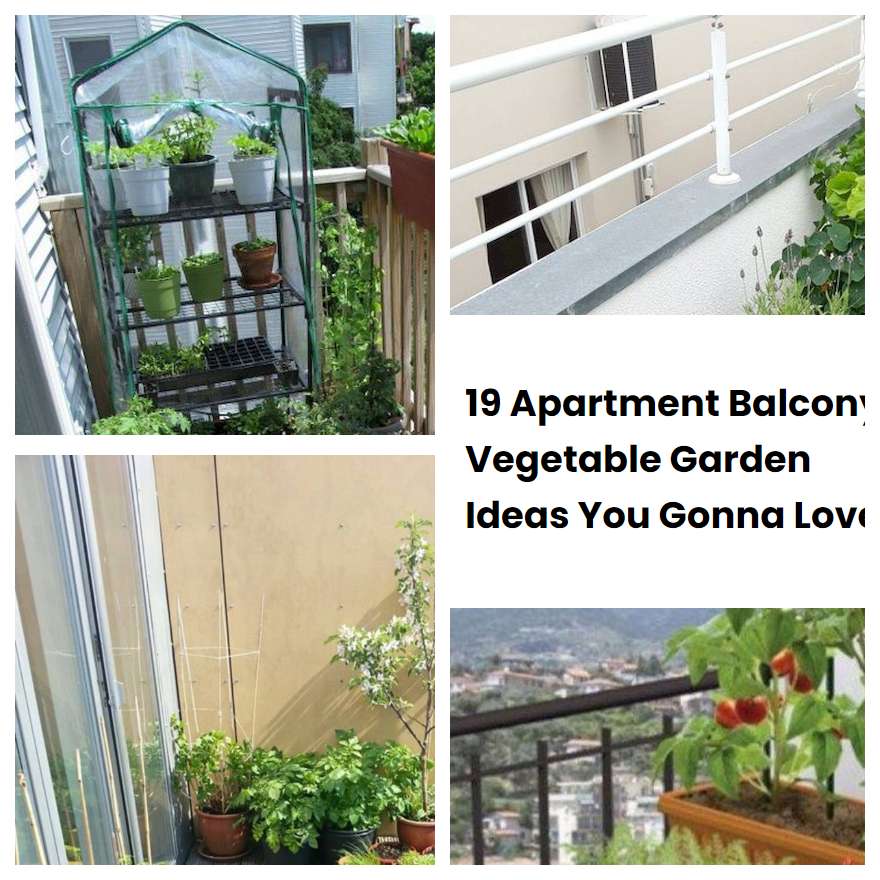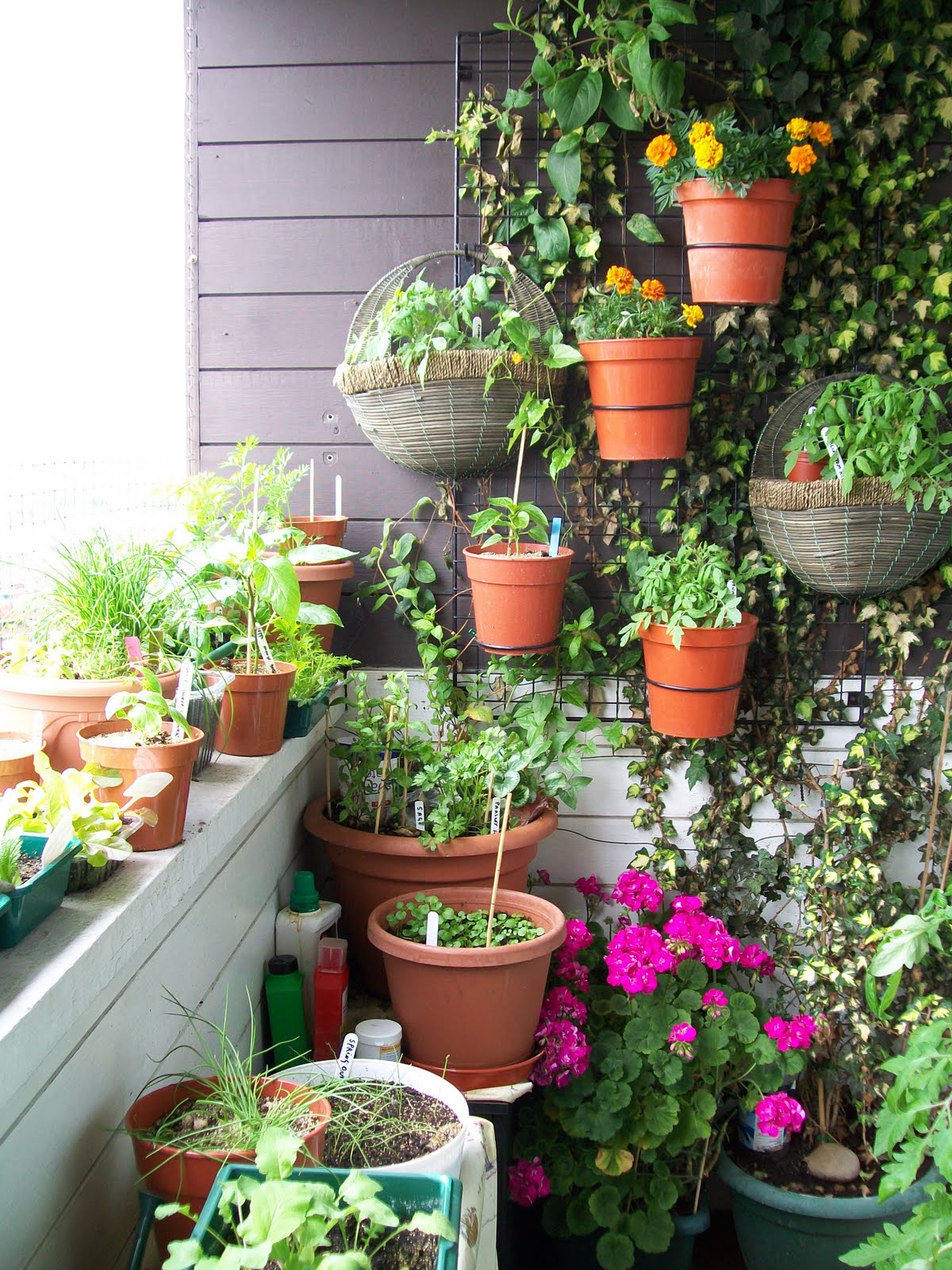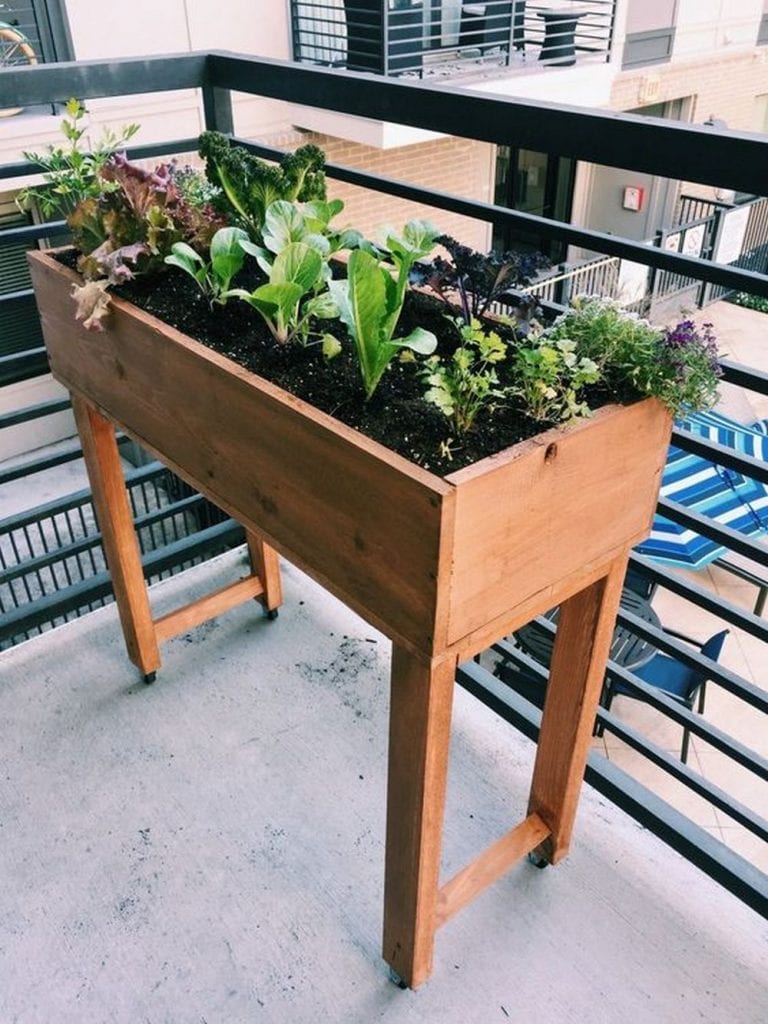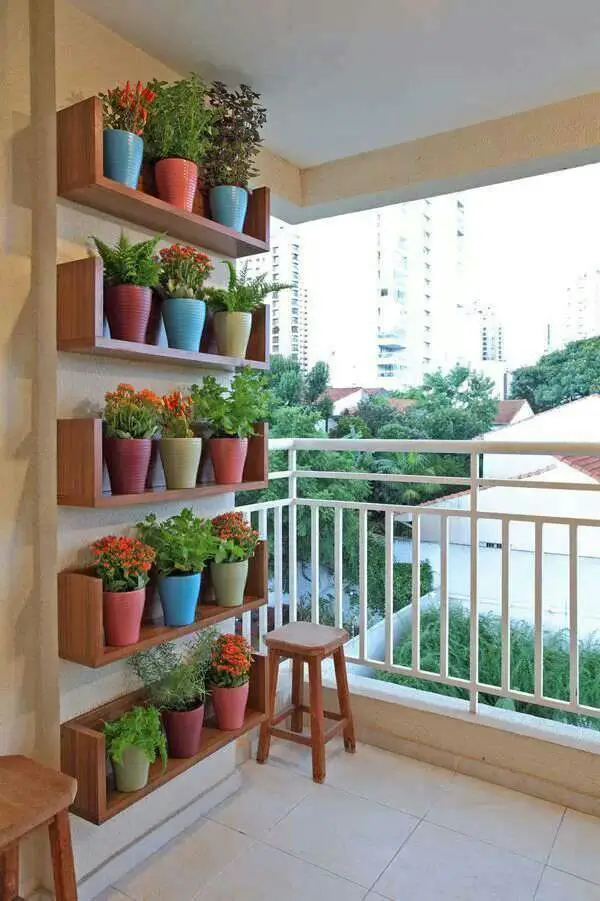Balcony Vegetable Garden Ideas for Small Apartments
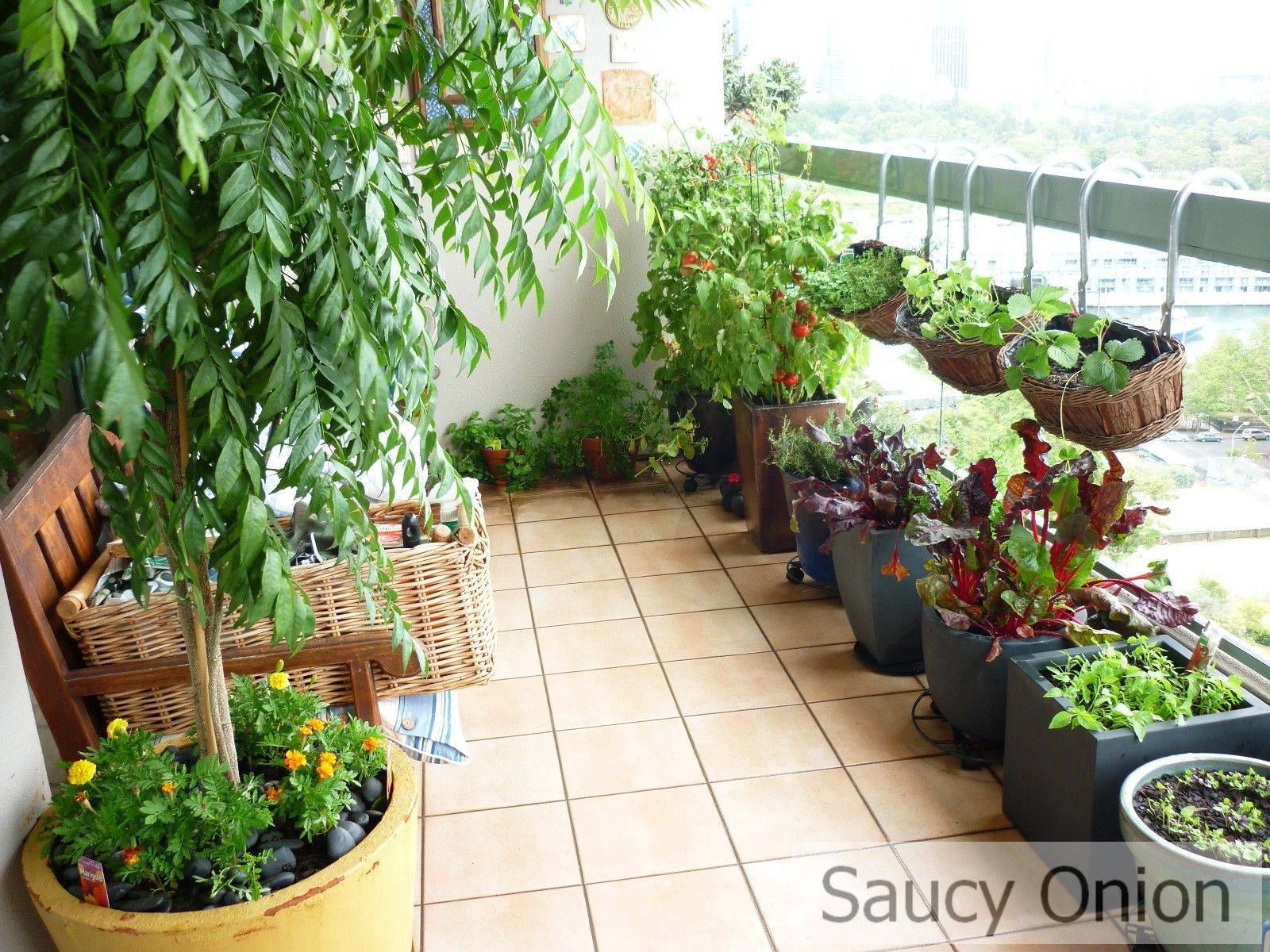
Living in an apartment doesn’t have to mean giving up on your gardening dreams. With a little creativity, you can create a thriving balcony vegetable garden that will provide you with fresh, homegrown produce all season long.

1. Vertical Gardening
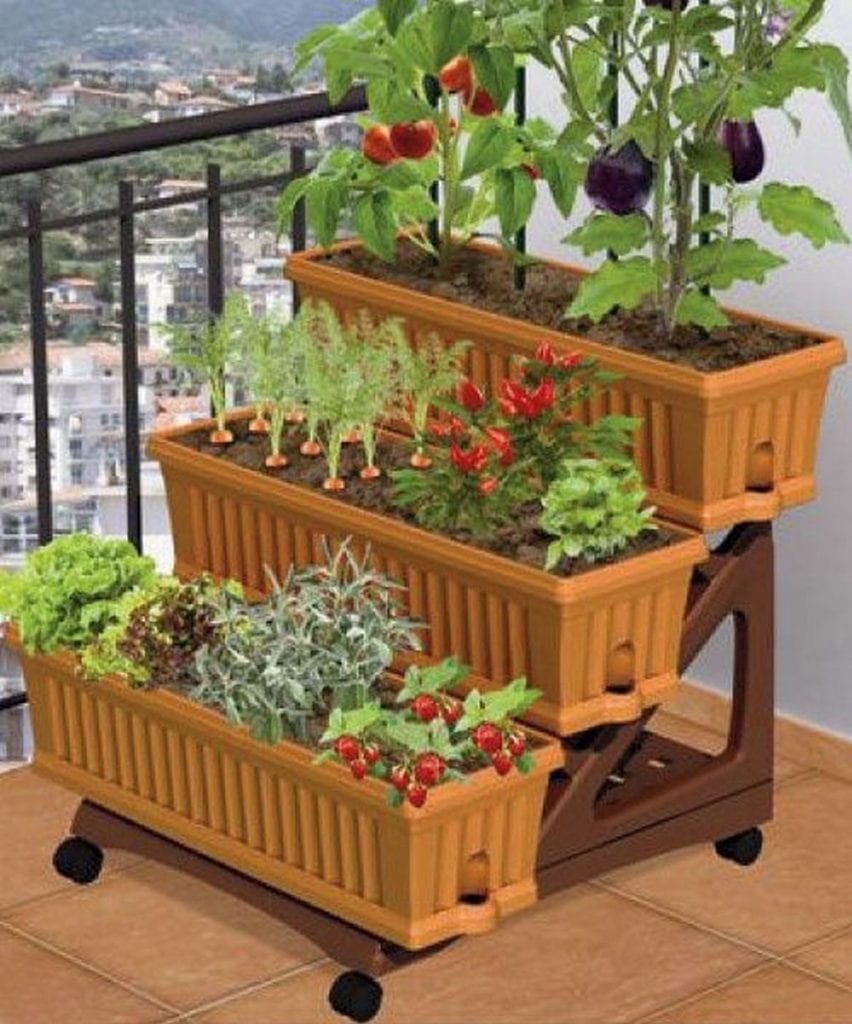
Vertical gardening is a great way to maximize space on a small balcony. You can use trellises, hanging baskets, or wall-mounted planters to grow vegetables vertically. This is a great option for growing climbing plants like tomatoes, cucumbers, and beans.
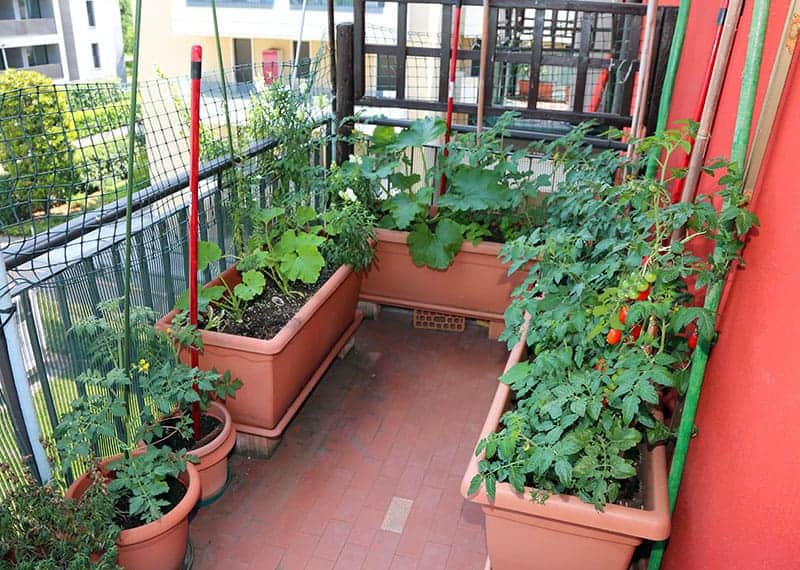
2. Container Gardening
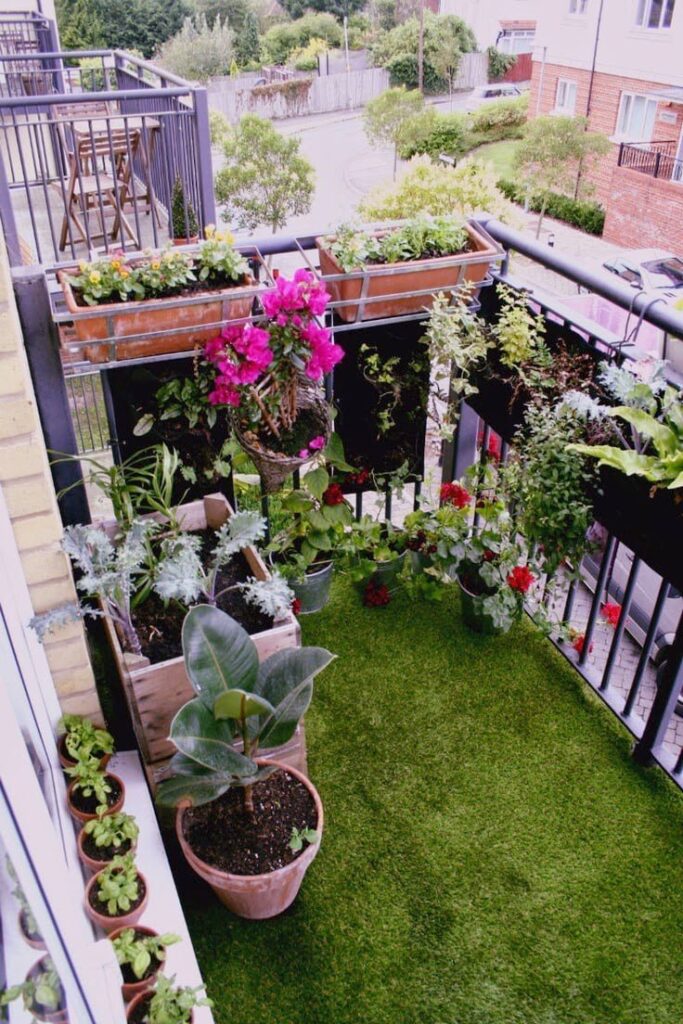
Container gardening is another great option for small balconies. You can use any type of container, from pots and planters to hanging baskets and grow bags. Just make sure that the containers have drainage holes to prevent waterlogging.
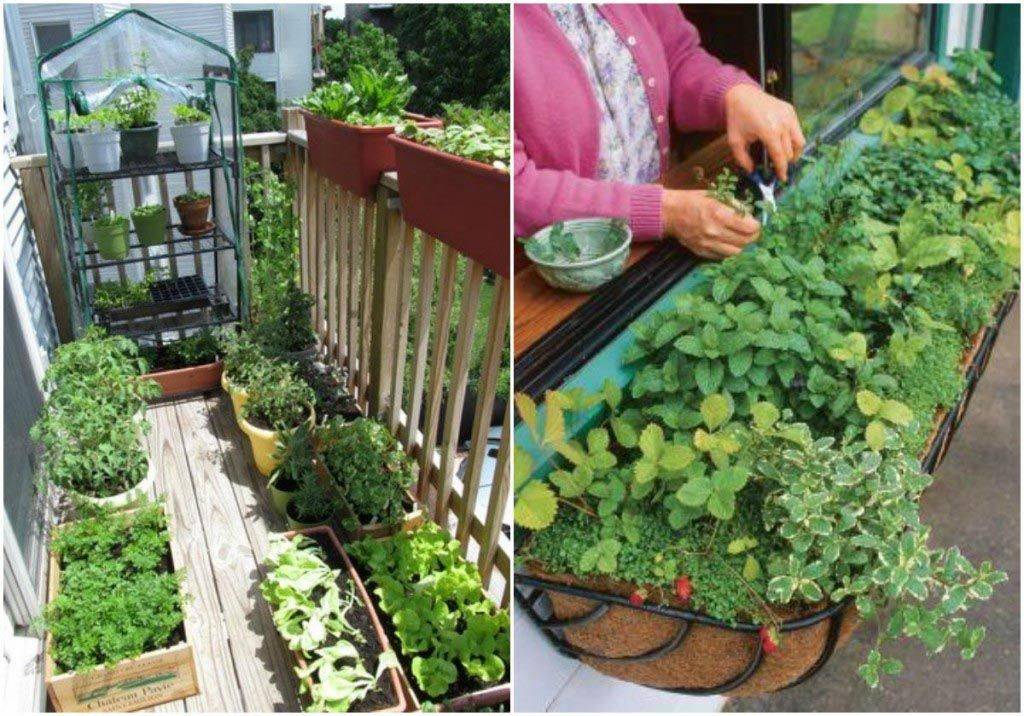
3. Raised Bed Gardening
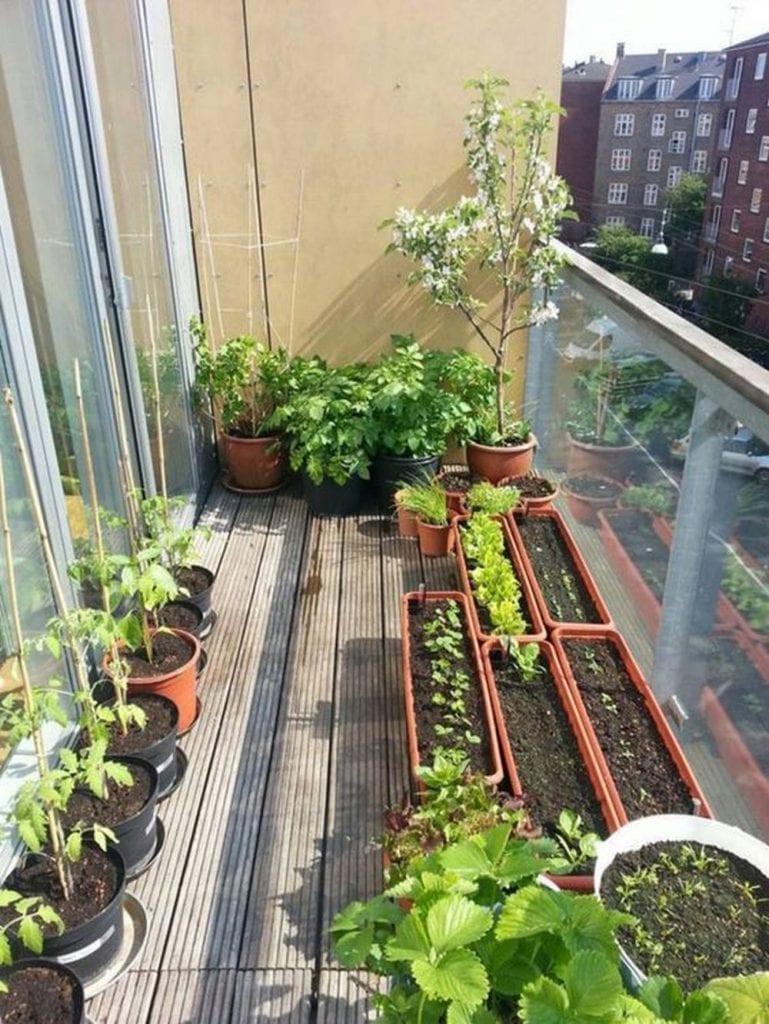
Raised bed gardening is a great way to improve drainage and soil quality on your balcony. You can build raised beds out of wood, plastic, or metal. Just make sure that the beds are at least 12 inches deep to provide enough room for the roots of your vegetables.
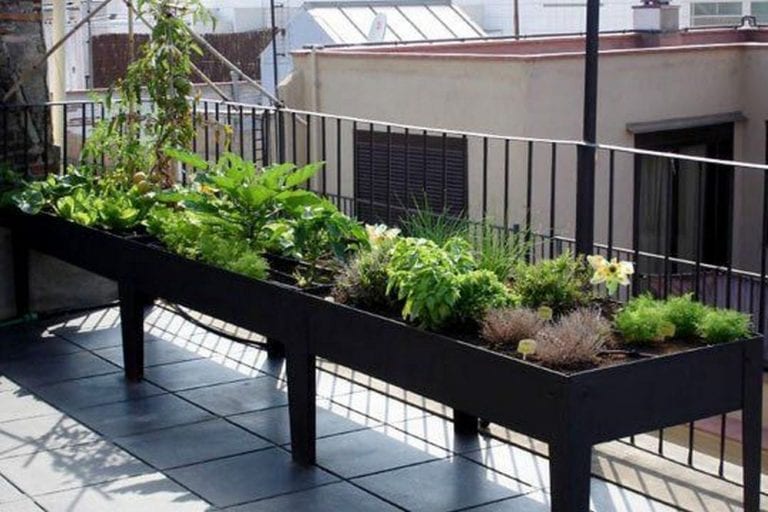
4. Companion Planting
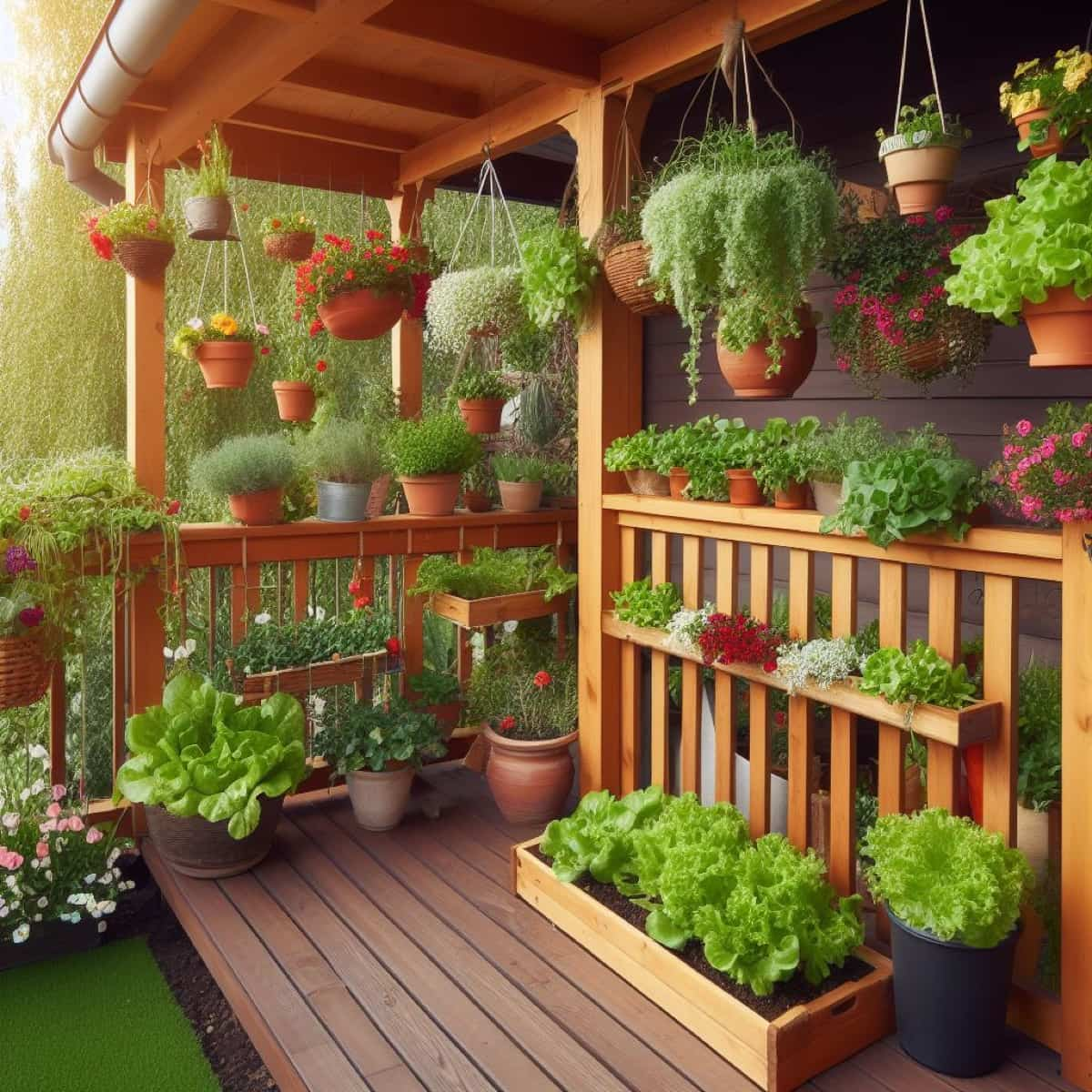
Companion planting is a great way to maximize space and improve the health of your plants. By planting compatible vegetables together, you can create a mutually beneficial relationship that will help them grow stronger and produce more. For example, you can plant tomatoes with basil, carrots with onions, and cucumbers with dill.
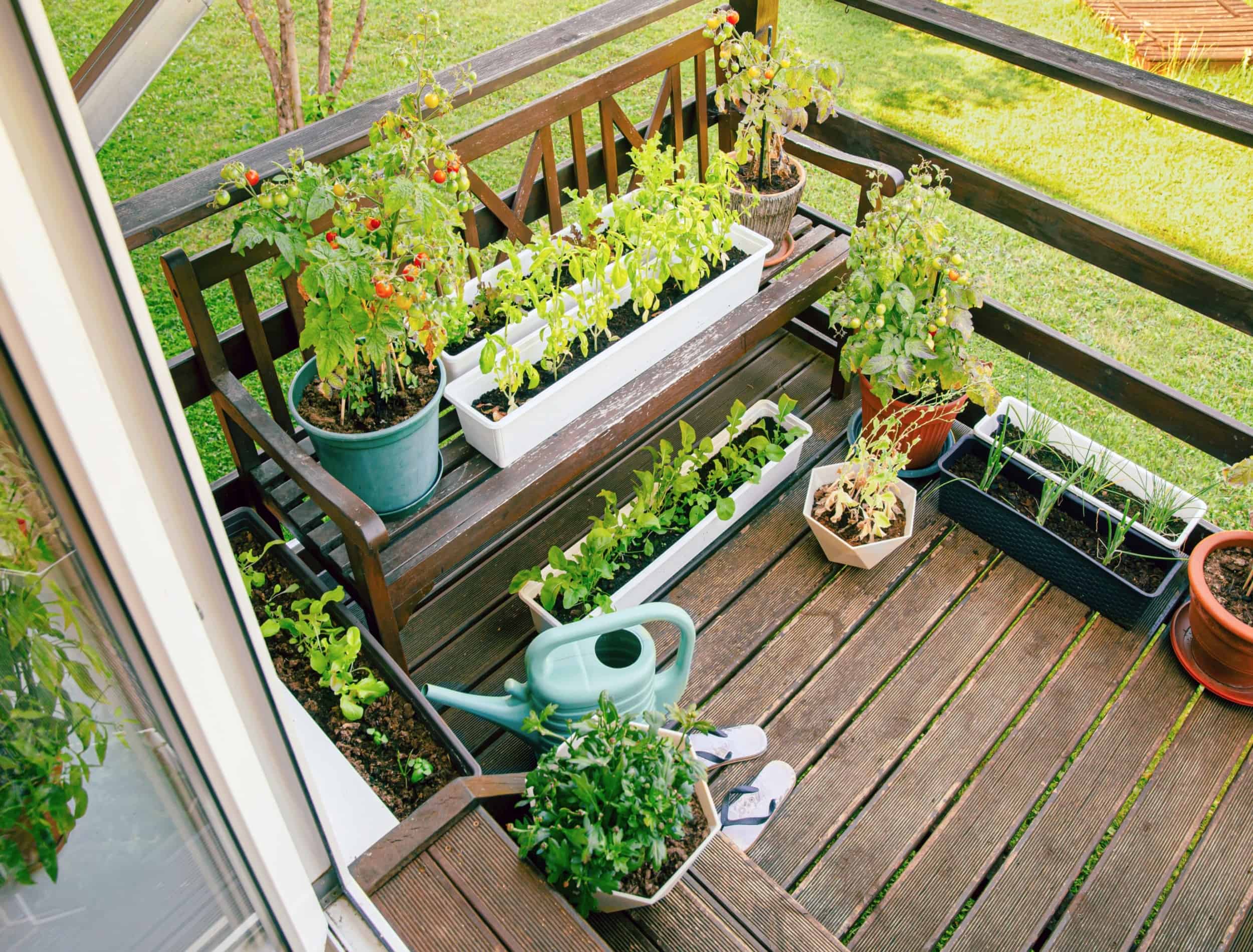
5. Choose the Right Vegetables
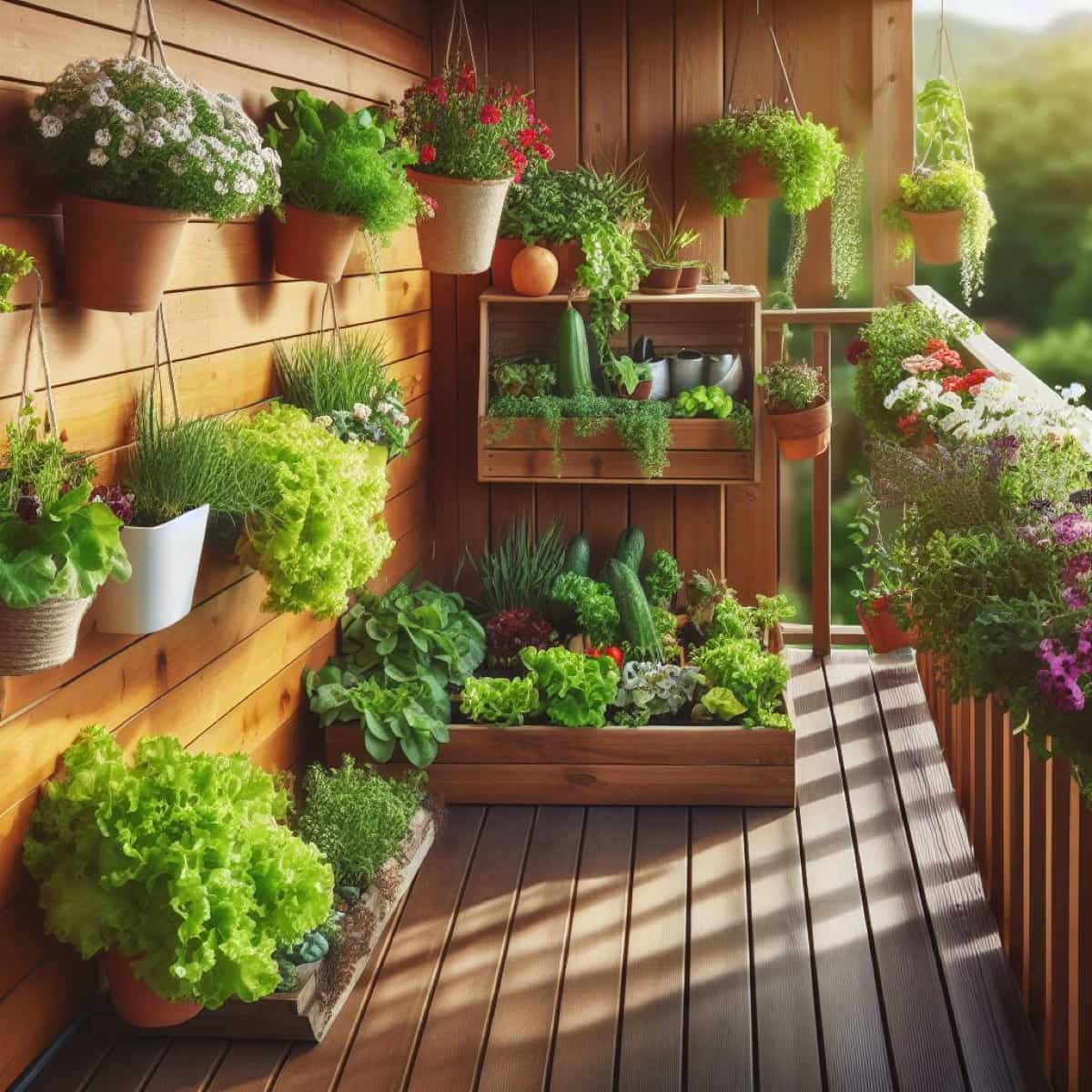
Not all vegetables are created equal when it comes to balcony gardening. Some vegetables, like tomatoes, cucumbers, and peppers, are more heat-tolerant and can handle the sunnier conditions of a balcony. Other vegetables, like lettuce, spinach, and peas, prefer cooler temperatures and may need to be shaded during the hottest part of the day.
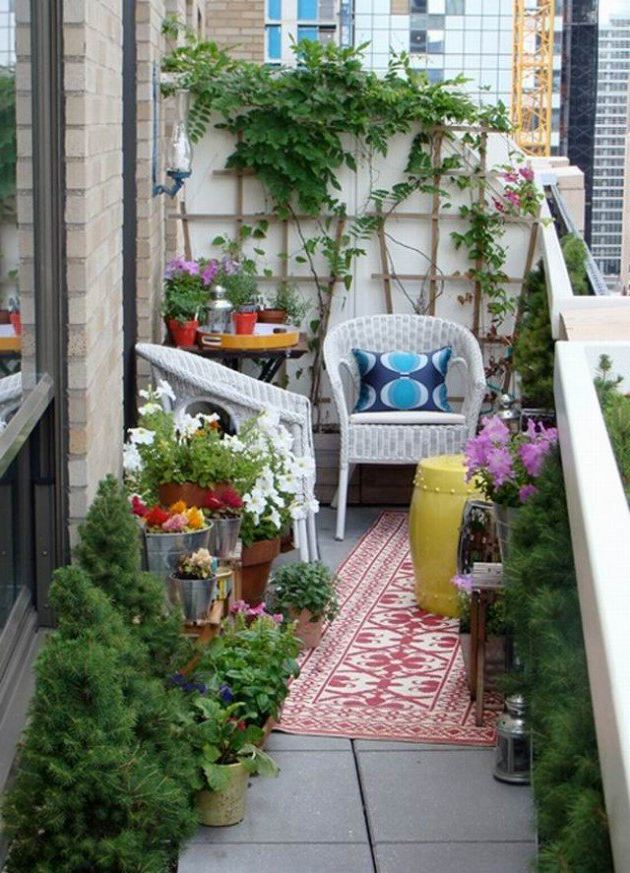
6. Water Regularly
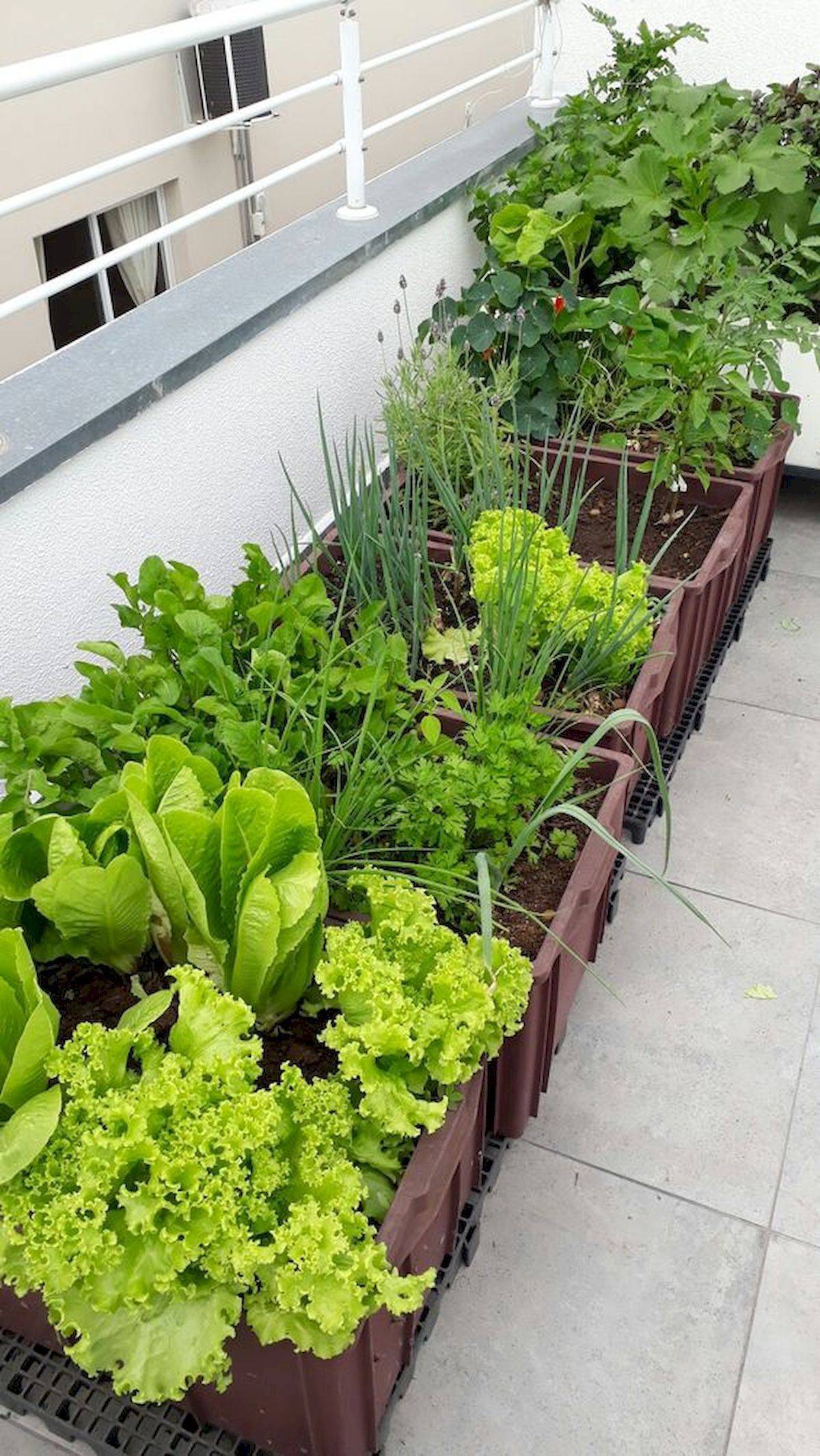
Balcony gardens need to be watered more frequently than in-ground gardens because the soil dries out more quickly. Water your plants deeply and regularly, especially during hot weather.
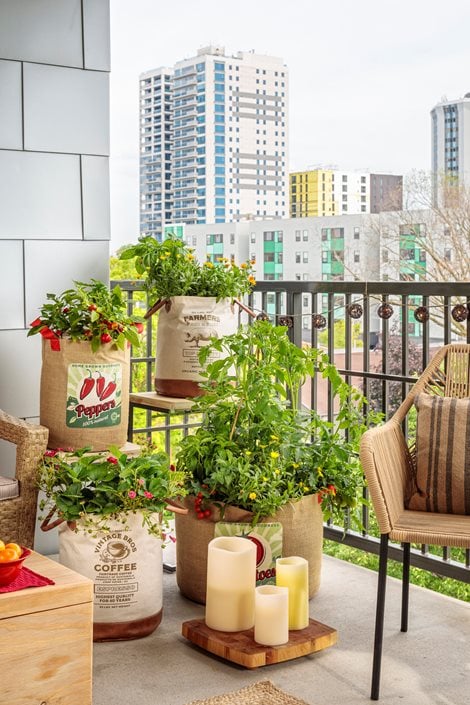
7. Fertilize Regularly
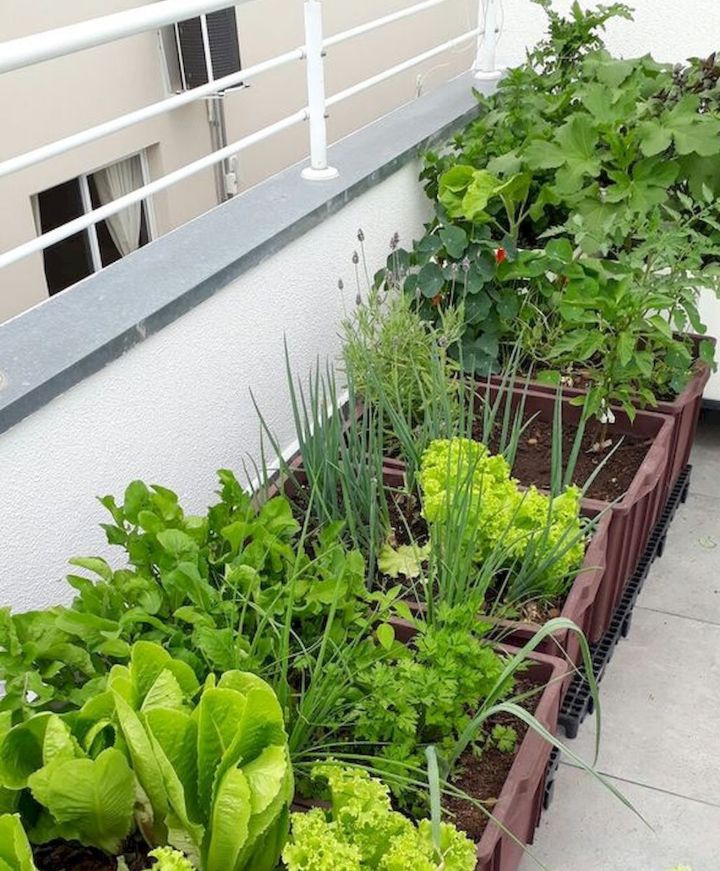
Balcony plants need to be fertilized regularly to provide them with the nutrients they need to grow and produce. Use a balanced fertilizer and follow the directions on the package.
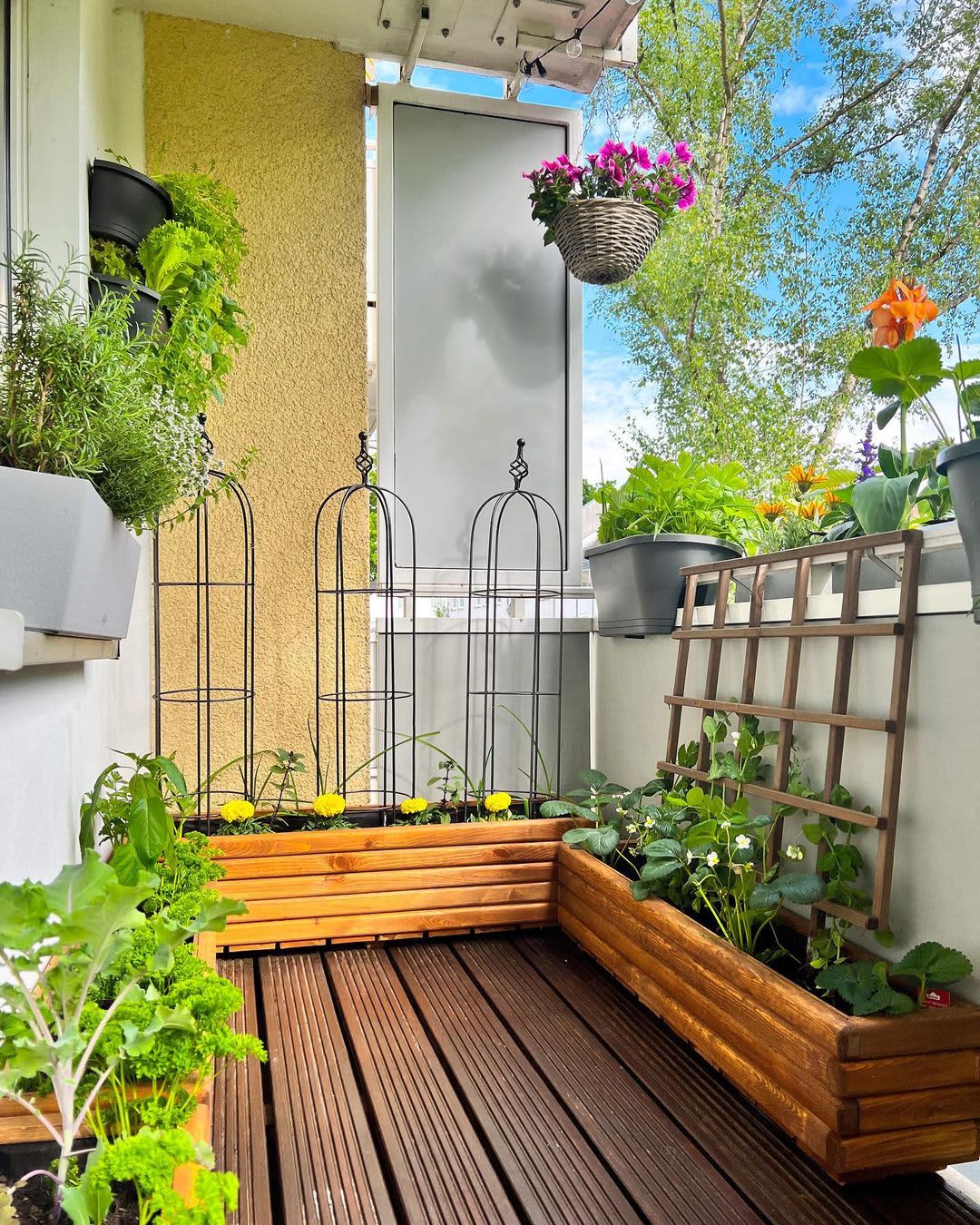
8. Protect from Pests
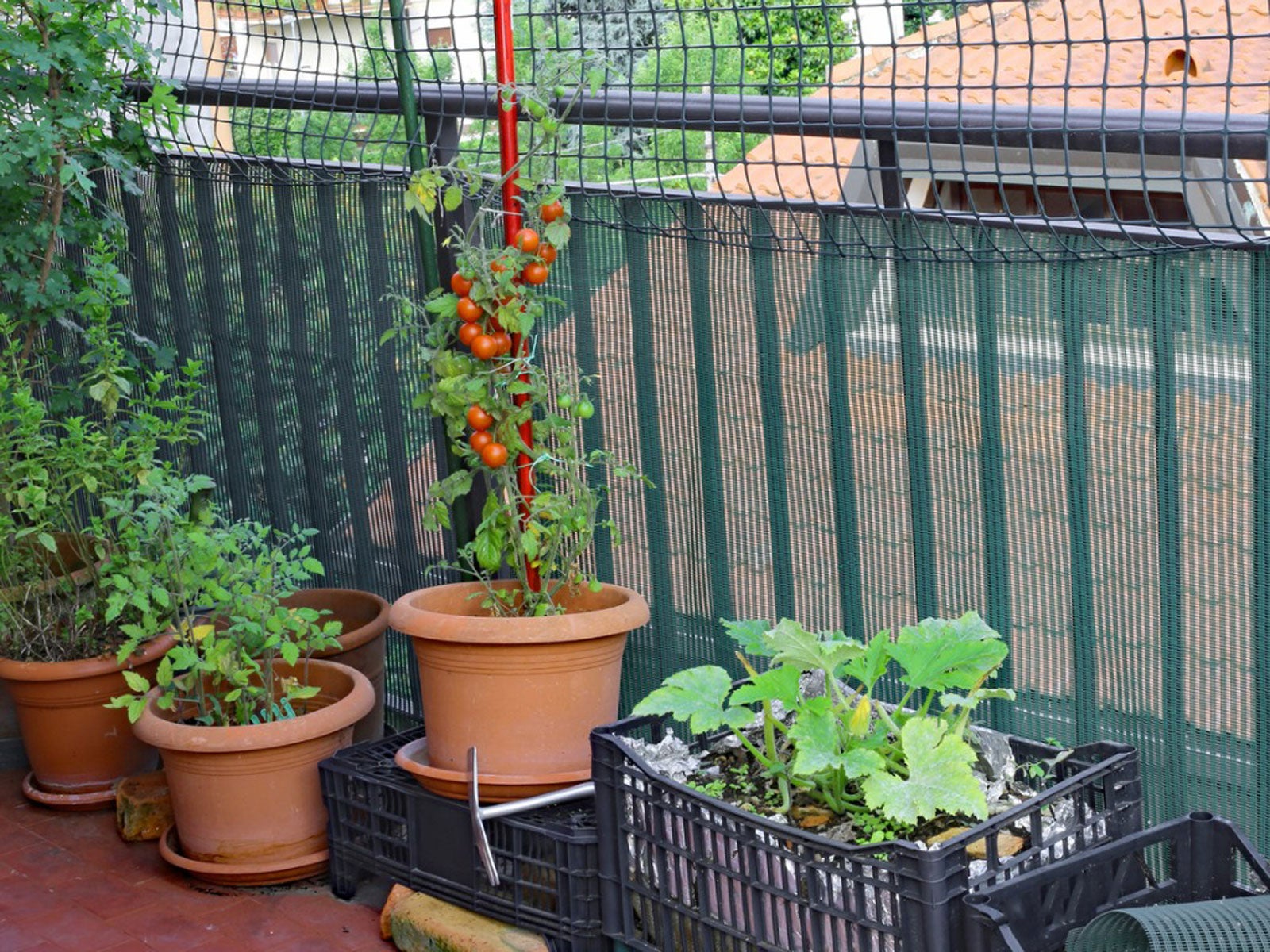
Pests can be a problem for balcony gardens, especially if you’re growing organic vegetables. To protect your plants from pests, use natural pest control methods like insecticidal soap or neem oil.

9. Enjoy the Harvest

The best part of balcony gardening is harvesting your fresh, homegrown vegetables. Enjoy the fruits of your labor by eating them fresh, cooking them into delicious meals, or sharing them with friends and family.
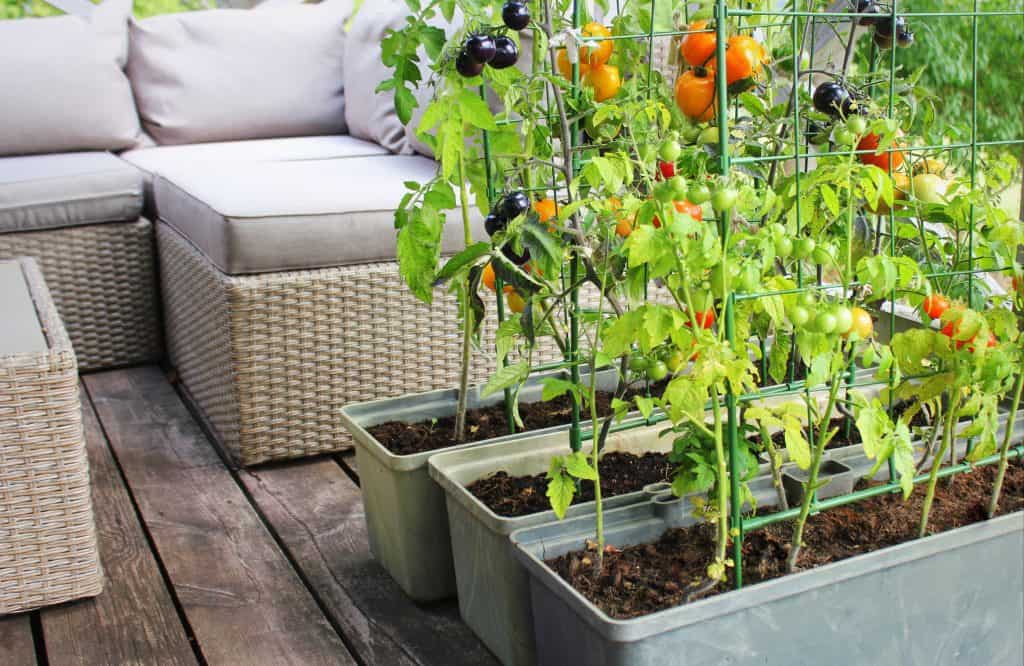
With a little planning and effort, you can create a thriving balcony vegetable garden that will provide you with fresh, homegrown produce all season long. So get started today and enjoy the benefits of gardening in your own backyard!
